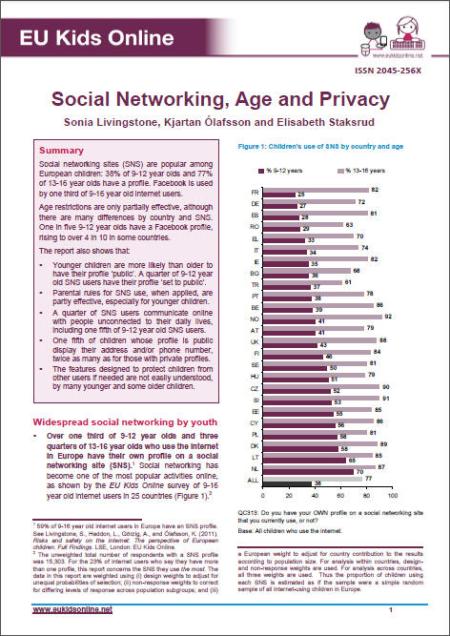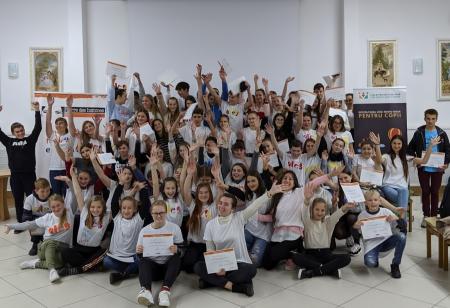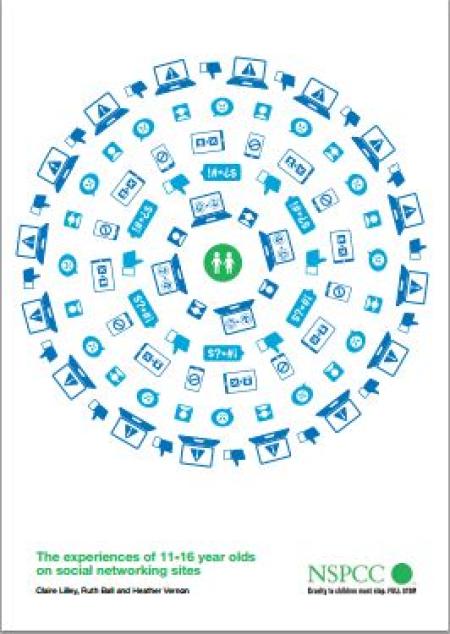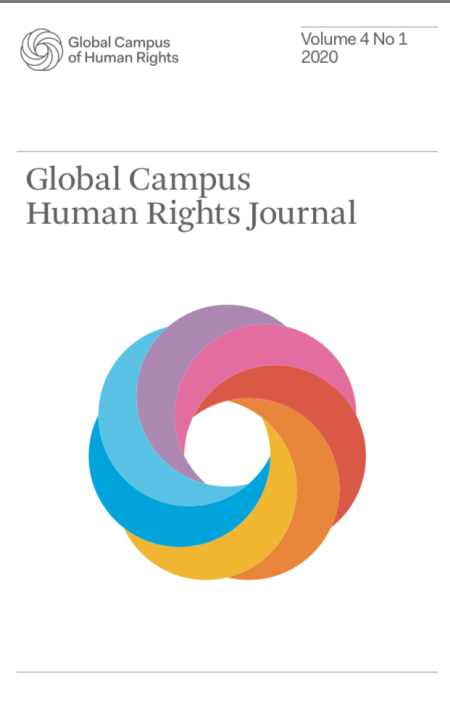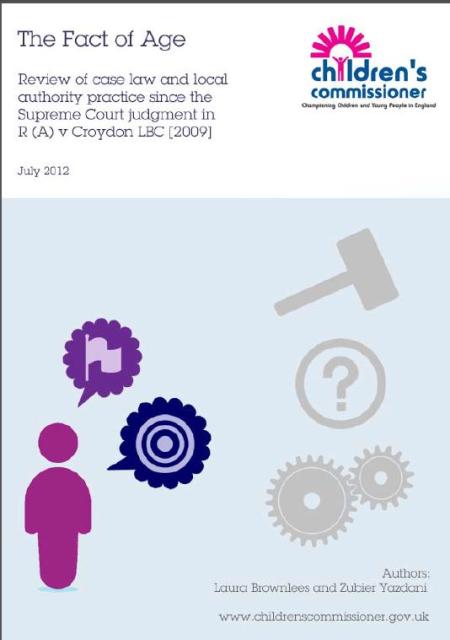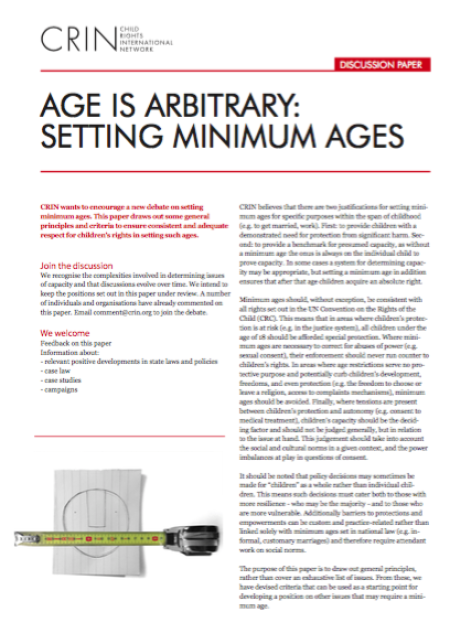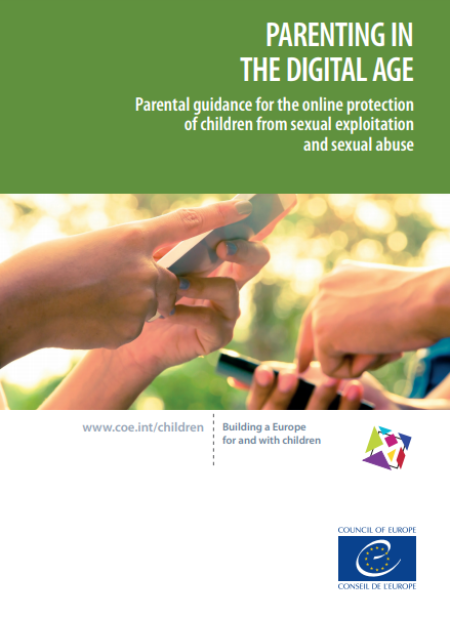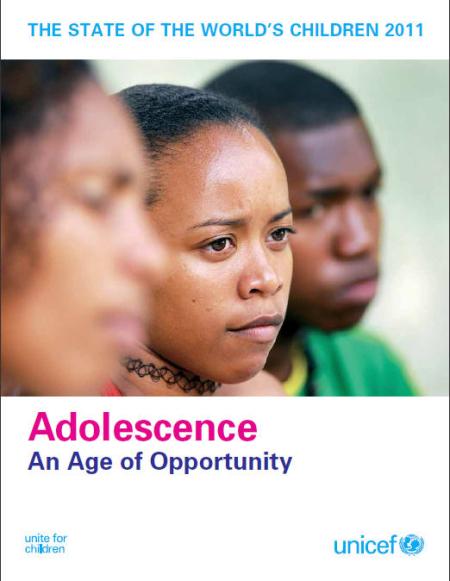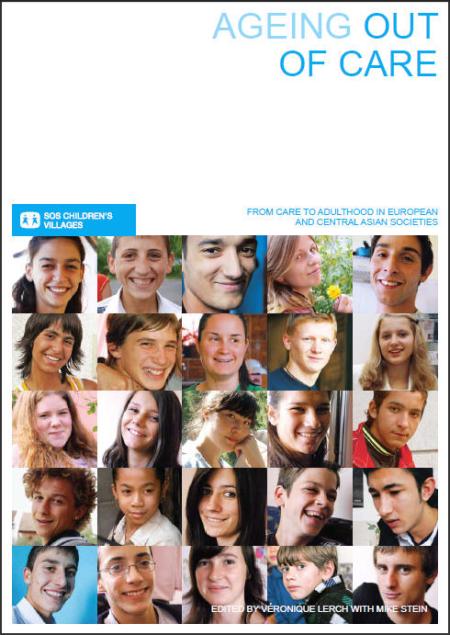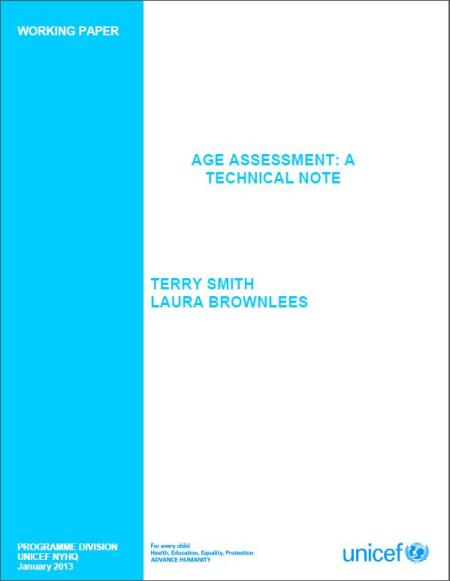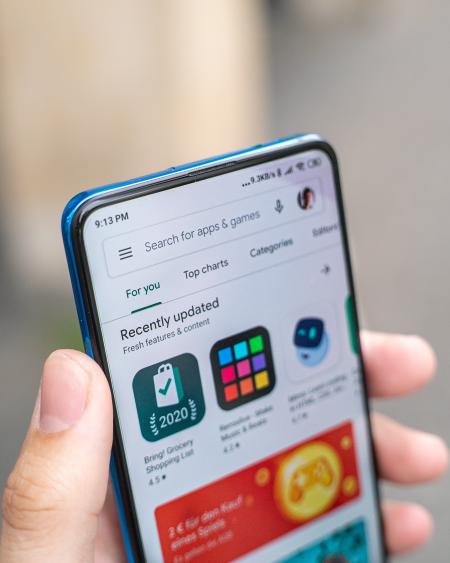
Social networking sites (SNS) are popular among European children: 38% of 9-12 year olds and 77% of 13-16 year olds have a profile. Facebook is used by one third of 9-16 year old internet users. Age restrictions are only partially effective, although there are many differences by country and SNS. One in five 9-12 year olds have a Facebook profile, rising to over 4 in 10 in some countries. The report also shows that: * Younger children are more likely than older to have their profile ‘public’. A quarter of 9-12 year old SNS users have their profile ‘set to public’. * Parental rules for SNS use, when applied, are partly effective, especially for younger children. * A quarter of SNS users communicate online with people unconnected to their daily lives, including one fifth of 9-12 year old SNS users. * One fifth of children whose profile is public display their address and/or phone number, twice as many as for those with private profiles. * The features designed to protect children from other users if needed are not easily understood, by many younger and some older children.


